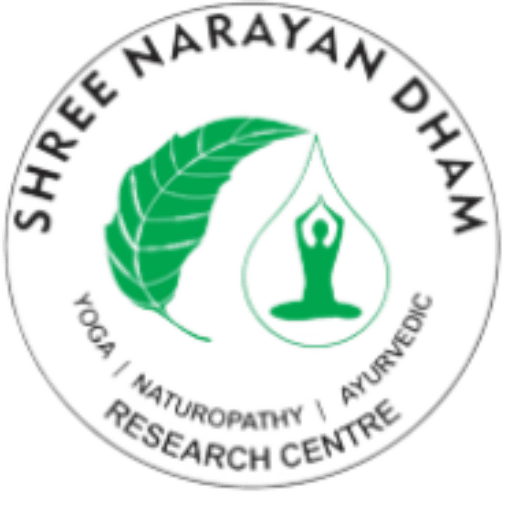Physiotherapy
Physiotherapy, also known as physical therapy, is a vital healthcare profession dedicated to improving and restoring a person’s ability to move and function effectively in their daily lives. It plays a crucial role in the management of various physical conditions that result from injury, illness, aging, or disability. The primary goal of physiotherapy is not only to treat existing problems but also to prevent future complications by promoting overall physical well-being. Physiotherapists use a wide range of techniques tailored to the specific needs of each individual. These include therapeutic exercises designed to improve strength, flexibility, balance, and coordination, as well as manual therapy techniques such as joint mobilization and soft tissue manipulation to relieve pain and improve mobility. Additionally, physiotherapy incorporates the use of mechanical devices and electrophysical modalities such as heat, cold, electrical stimulation, ultrasound, and radiation to assist in the healing process and reduce discomfort.
Beyond direct treatment, physiotherapists also work with individuals and populations to educate them on maintaining healthy movement patterns and preventing the loss of mobility through personalized care plans, ergonomic advice, and fitness programs. This comprehensive approach ensures that people of all ages can achieve and maintain optimal physical function, regain independence, and enhance their overall quality of life.
Services At Our Institution
We provide a range of physiotherapy treatments aimed at relieving pain, enhance mobility, and support the recovery process. The therapies we provide include:
- IFT (Interferential Therapy): It uses low-frequency electrical currents to penetrate deep into the tissues, helping to reduce pain, inflammation & muscle spasms.
- TENS (Transcutaneous Electrical Nerve Stimulation): Works by delivering mild electrical impulses to the affected area to block pain signals and stimulate natural pain-relieving chemicals in the body.
- Ultrasound Therapy: Ultrasound therapy employs high-frequency sound waves that promote tissue healing, reduce inflammation, and improve blood flow.
- Hot Fomentation: It involves the application of moist heat to relax stiff muscles, reduce joint stiffness, and enhance circulation.
- Mobilization exercises: These are hands-on techniques used to gently move joints and soft tissues, improving flexibility, range of motion, and overall function.
- Cryotherapy: It is cold therapy which is used to reduce inflammation, swelling, and pain, especially in acute injuries.


